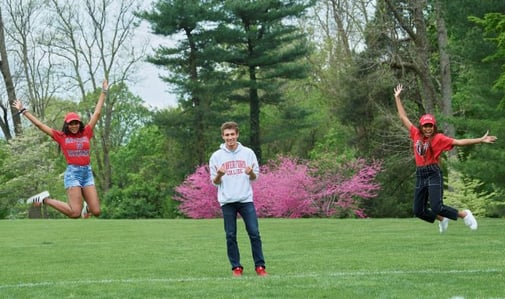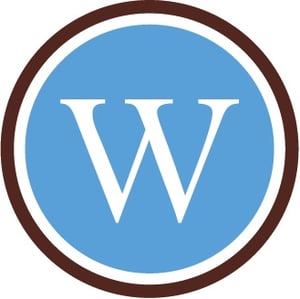 The new school year is well underway. It is an exciting time for high school students especially; the new school year brings with it several rites of passage in the school setting. For juniors, that means it’s time to start thinking more deeply about their college plans, though students react differently to this stage. There are juniors who are ready to embrace the college search process while others are not there yet. Here at Westtown School, our College Counseling office is reminding our juniors that “any way you are feeling about college is completely fine.” These experts put together a list of what they think juniors in high school really should do right now and what they could do, but is less pressing.
The new school year is well underway. It is an exciting time for high school students especially; the new school year brings with it several rites of passage in the school setting. For juniors, that means it’s time to start thinking more deeply about their college plans, though students react differently to this stage. There are juniors who are ready to embrace the college search process while others are not there yet. Here at Westtown School, our College Counseling office is reminding our juniors that “any way you are feeling about college is completely fine.” These experts put together a list of what they think juniors in high school really should do right now and what they could do, but is less pressing.
SHOULD
Work hard in their classes! Get back into the habit of in-person classes and assessments.
COULD
Go the extra mile in their classes and challenge themselves (within reason) to improve learning and, possibly, their grades.
SHOULD
Continue to do their activities or join some new clubs and expand their extra-curricular experiences if they did not have many last year because of the pandemic.
COULD
Take on leadership positions in chosen activities. Get more involved in existing activities. They could lead a fundraiser, plan an assembly, or sponsor or lead a service project, for example.
SHOULD
Juniors should attend at least one college visit at school this fall. College representatives are back in the practice of visiting high schools, so touch base with the college counseling office to see what colleges are scheduled to come to the school.
COULD
Attend several college visits at their school, and begin to think about colleges they want to visit in person.
SHOULD
Juniors should consider, along with their college counselors, if they need to take the SAT or the ACT this fall or winter. Testing in the fall is a good idea for those who want to be recruited athletes. (See when the PSAT is scheduled at school or locally.) All juniors should take at least one SAT or ACT this school year. Some like to try both.
COULD
Start to plan testing and do test prep (very optional).
SHOULD
Consider and discuss what is affordable.
COULD
Look at the FAFSA Student Aid Estimator and college’s financial aid pages to get an idea of what will be affordable.
SHOULD
Think about learning styles as college choices are considered. How do they learn best? Do they enjoy discussion, lectures, tests more than group projects? Do they enjoy a small class size and establishing strong relationships with teachers? Do they prefer larger settings?
COULD
Look at College Board’s Big Future to start searching for colleges, or Princeton Review’s site for college lists. Attend Westtown School’s Independent School Equity & Access Conference and College Fair on Saturday, November 13. It is a virtual event so no travel is required.
Plan to visit some colleges that sound interesting. Aim for variety!
SHOULD
Cultivate relationships with the teachers they like best. Two teachers from junior year will write your recommendations.
COULD
Join activities their teachers offer to build on your academic work.
SHOULD
Make good choices, and help friends with this too!
COULD
Plan fun school activities and participate actively in them to help cultivate community.
Remember, this is an exciting time but it also can be overwhelming for teenagers. Adults can help them enjoy the college search and application process by gently guiding them while letting them determine their own path. And as always, do not hesitate to ask your college counseling office for help! College counselors are ready with sound advice, insider knowledge, and support.



